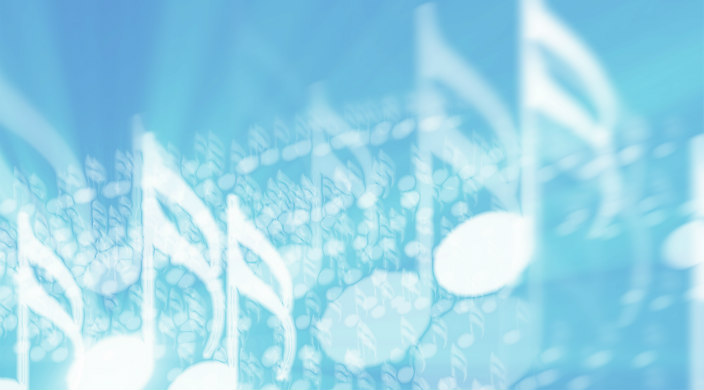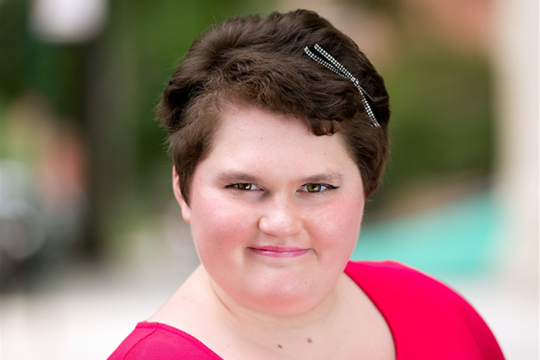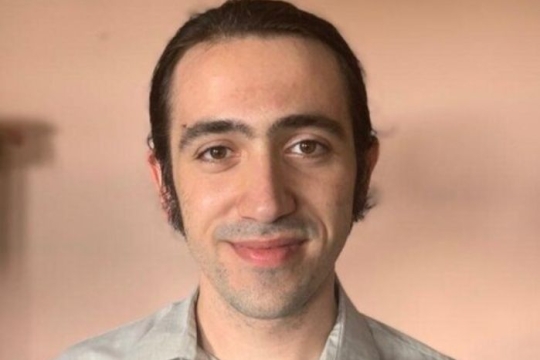
In a d’var Torah he gave on Shabbat Nitzavim-Vayeilech several years ago, Rabbi Jonathan Sacks, emeritus chief rabbi of the United Hebrew Congregations of the British Commonwealth, had this to say:
Judaism is a religion of words, and yet whenever the language of Judaism aspires to the spiritual it breaks into song, as if the words themselves sought escape from the gravitational pull of finite meanings. There is something about music that intimates a reality beyond our grasp. Words are the language of the mind. Music is the language of the soul….The Torah is God’s libretto, and we, the Jewish people, are God’s choir, the performers of God’s choral symphony.Indeed, it is our choirs and the music they generate that help create many of our most uplifting and highly spiritual moments.
Indeed, it is our choirs and the music they generate that help create many of our most uplifting and highly spiritual moments.
About five years ago, I experienced some health problems. Upon my return from medical leave, my colleague, Rabbi Lisa Levenberg, delivered a sermon based on The Six-Word Memoir Project, which first appeared in Smith, an online magazine. She solicited six-word stories from members of our congregation and many of our colleagues.
My six-word story was this: “Returning good health revitalized my song.”
For me, both personally and professionally, music creates my moments of kavanah, the intent with which one prays. Indeed, the first time I sang on the bimah (pulpit) after my return, the music soared from my soul and lifted my spirit – and the spirits of all those in the congregation. Each time I sing from the bimah, I think of those pieces that lift our souls and transcend the words of the liturgy.
In his book Seven Prayers That Can Change Your Life: How to Use Jewish Spiritual Wisdom to Enhance Your Health, Relationships, and Daily Effectiveness, author Leonard Felder (no relation to me) advises that one should recite the Modeh/Modah Ani prayer every morning upon waking. The prayer offers thanks to God for restoring our souls to us. Felder writes,
It essentially lifts your mind from grumpy sleepiness or anxious thoughts about the details of the day ahead of you. These twelve Hebrew words of prayer give you a moment to connect to your deeper reality – your soul – and to feel gratitude that there is a mysterious and infinite source of compassion that dependably restores and renews your soul each day.
If music helps your soul transcend, singing Kol B’Seder’s Modeh Ani or "Brand New Day" by Ellen Allard can be a way to lift your soul as you begin each day.
For those who use music to heal their spirits, these two prayers may prove useful: Leon Sher’s "Heal Us Now" and Soul Aviv’s Mi Shebeirach.
High Holiday music can be especially uplifting. In addition to Kol Nidre, members of our High Holiday choir find Max Janowski’s Avinu Malkeinu to be particularly moving, and many discover that Michael Isaacson’s Hin'ni – sung in English without accompaniment – brings them a deeper understanding of the role of the cantor during the Days of Repentance.
In my congregation, we use these pieces during the High Holidays, but they can be sung at any time during the year to elevate the text and lift us spiritually: David Berger’s T’fillah (a prayer for the peace of Israel) and Stephen Richards’ R’tzei. One of our choir members found that, for her, the melody of the latter raised the text to a new high during this year’s High Holiday services.
Because music runs through my soul, there are many pieces that raise it up. I recently sang Ozi V’zimrat Yah by Shefa Gold, during a Friday night Shabbat service. Afterward, a member of the choir summed up the feelings this piece evokes this way: “Sometimes a prayer and its melody sink deep into your bones, settle into the marrow, and become a part of you, and a part of your spiritual emergency toolbox for those times when life throws you a curve ball of epic proportion.”
Whether you sing in the choir (or only in the shower!) or close your eyes when you listen from the pews, letting the melodies wash over you, may our tradition’s liturgical music lift your soul to new heights and take you to new spiritual places.
Related Posts

What Pregnancy Taught Me About Being a Cantor

I’d Rather Be Me: An Interview with Jewish Performer Shayna Goldberg
